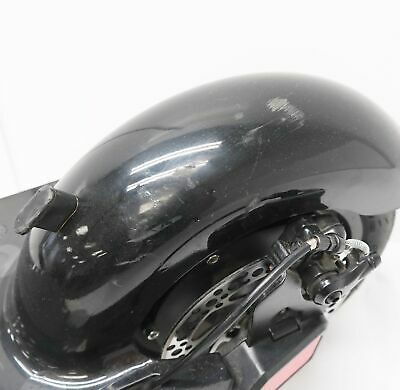
In the context of all investigational and available oncology drugs, a staggering 55% of drugs have procured an orphan drug designation in at least one indication. Therapies with orphan drug designations are also very prominent in the field of oncology. The resultant data was then analysed to identify the top 10 therapy areas with orphan drug designations, on the backdrop of overall drug development in that therapy area.

In order to add necessary context to these numbers, the proportion of orphan drugs was considered in relation to the total number of all drugs in a specific therapy area at any development stage. It is important to note that one drug can receive multiple orphan designations in more than one indication, and consequently several therapy areas. These were categorized based on the target condition, and broader therapy areas, as classified by GlobalData. Pharmaceutical Technology reviewed and analyzed thousands of public records relevant to orphan drug designations and regulatory milestones to identify and categorize all drugs in the US that received an FDA orphan drug designation. Genetic disorders encompass a multitude of diseases such as cystic fibrosis and spinal muscular atrophy, and include a wide range of indications in the fields of neurological, musculoskeletal, developmental, metabolic, and other disorders.

This is not unusual since many, but not all, rare diseases are hereditary or arise due to genetic mutations. Approximately 73% of drugs in the genetic disorders therapy area have obtained an orphan designation. Unsurprisingly, genetic disorders are the therapy area where the highest percentage of orphan drug designations have been awarded since the program’s inception.

Genetic disorders attract the most orphan drug designations That is the reason for the reduced sale price and the reduced warranty.The US National Institutes of Health (NIH) defines a condition as a rare disease if it affects approximately one person in 1,500 people or fewer, while in Europe a rare disorder is classified as such when it affects no more than one person in 2,000 individuals. Based on our data-led analysis, some relatively prevalent ones like alpha-1 antitrypsin deficiency and scleroderma have the largest percentage of investigational and marketed therapies associated with an orphan drug designation. The unit may not be shipped in retail packaging. Some non-essential items may be missing from the box. That means that they have been opened due to being a photo sample, a tested good customer return or having damaged packaging. The units in this sale are being sold as open box condition. Boxes, and APO addresses is not available for this item. Shipping Note: Shipping to Alaska, Hawaii, P.O. We always recommend wearing proper safety gear at all times - see Hover-1 Helmets and protective gear on our brand store!
Hover 1 alpha full#



 0 kommentar(er)
0 kommentar(er)
